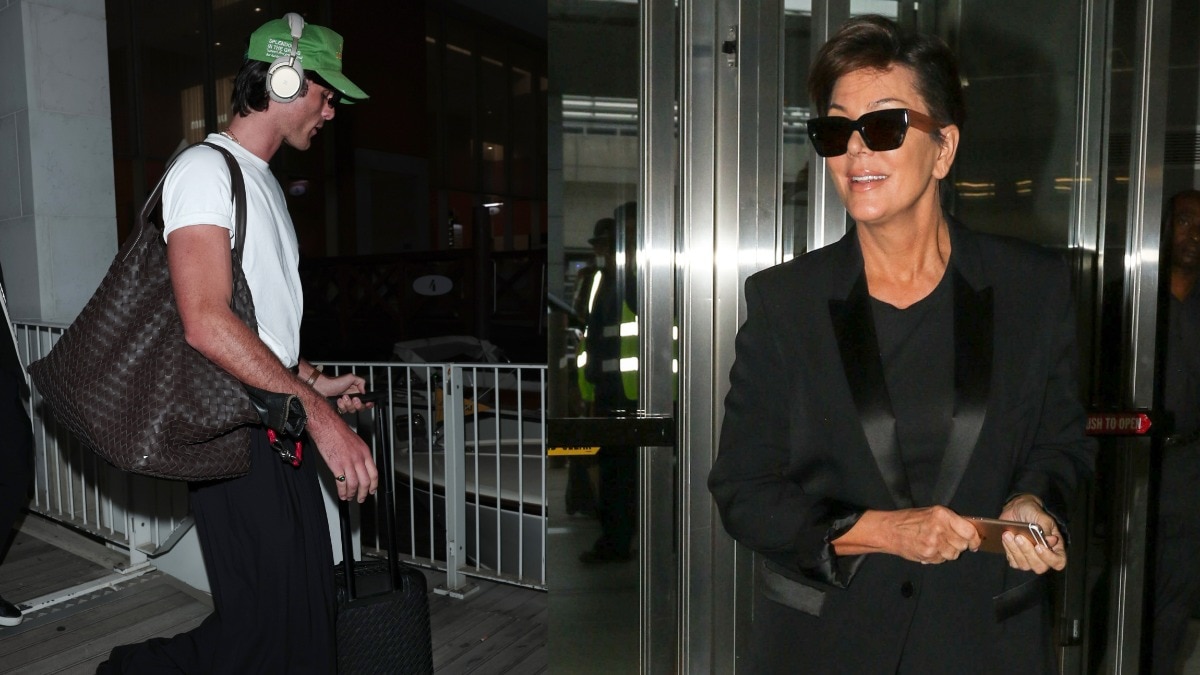We’ve all been there—riding the self-care train, tracking macros, hacking metabolism, and double-cleansing our way to glowing skin. But as the wellness world spins faster—urging us to be leaner, stronger, and sharper—a quieter, more potent force is emerging as the ultimate performance enhancer: Sleep. Not the kind that’s squeezed in between emails and early morning workouts, but deep, restorative, circadian-aligned rest. The type that rewires your brain, recharges your muscles, and yes, even replenishes your glow. Welcome to the era of sleep fitness, where rest is your most strategic tool.
Bedroom eyes
We’ve long known that progress happens outside the gym, but now we know exactly where: In bed. During slow-wave sleep, the body enters its reparative mode—muscles rebuild, hormones regulate, and the brain, through its glymphatic system, clears out waste, making room for sharper thinking, quicker reactions, and emotional balance. For neurologist and sleep specialist Dr Manvir Bhatia, it’s this stage of deep rest that holds the real magic. She calls it the body’s “operating system update”—one that, when uninterrupted, amplifies performance, recovery, and overall well-being. Without it, the body is simply not equipped to rebuild efficiently. This is a belief echoed by nutrition expert and fitness enthusiast Anaheez Patel, who learned the hard way that pushing through exhaustion isn’t a badge of honour. Once she stopped viewing rest as a reward and began prioritising it as part of her training, her results transformed—better recovery, improved definition, fewer cravings, and a deeper emotional resilience.
If sleep is your new workout, your bedroom is the gym. We’ve entered the golden age of sleep-enhancing tools: Red light therapy masks that align with melatonin production, magnesium-infused drinks that calm the nervous system, and weighted blankets that lower cortisol levels through deep-pressure stimulation. At the forefront of this innovation is Avnish Chhabria, founder of Wellbeing Nutrition. Nowadays, recovery-focused products work in tandem to support the body’s circadian rhythm. Designed to help you “rest smarter, not just train harder,” this new wave of wellness products targets sleep not as downtime, but as prime time. The beauty of this approach lies in its nuance. “Melatonin and magnesium signal the body to wind down; adaptogens like ashwagandha ease it into parasympathetic calm,” explains Chhabria.
Beauty sleep, literally
While your body repairs itself, your skin is also hard at work. According to dermatologist Dr Madhuri Agarwal, night is when cell turnover peaks and blood flow to the skin intensifies, delivering nutrients, oxygen, and repair at a cellular level. “Collagen production ramps up. Hydration is replenished. The skin’s barrier gets a reset,” she adds. On the contrary, poor sleep means more cortisol, which fuels inflammation and accelerates ageing. Cue dullness, breakouts, fine lines, and a compromised glow. Her recommendation? Align your skincare with your sleep cycles. Cleanse thoroughly, layer active ingredients like peptides or retinoids post-sunset, and let your environment support the ritual. Think blackout curtains, cool air, silence, and, ideally, no screen in sight.
Sleep fitness starts with the rituals that lead you there. Stretching, breathwork, and dim lighting can ease the nervous system into a state of calm. Dr Bhatia encourages a 30- to 60-minute wind-down window: Gentle movement, herbal teas, and screen-free stillness. Patel, who typically works out in the evenings, uses her workouts as a natural segue into rest. No elaborate night-time routine needed—just consistency, intention, and space to decompress. It’s not about perfection, but rhythm. The timing of your training also plays a role. High-intensity workouts too close to bedtime may delay sleep onset while lighter movement or stretching can encourage it. Listening to your body and training in sync with your energy peaks makes all the difference.
Sync your sweat
Tuning your workouts to your body’s internal clock may be the most intuitive yet overlooked performance hack. Morning larks might excel at early runs while night owls find their stride after sunset. What matters most is not when you move, but how well that movement aligns with your circadian rhythm. Dr Bhatia cautions that inconsistent sleep, whether from erratic schedules, late-night scrolling, or caffeine after sunset, can wreak havoc on hormone balance. Disrupted cortisol, insulin, and leptin rhythms affect everything—from fat storage to recovery to hunger cues. In short? You can’t out-train poor sleep hygiene. For Chhabria, recovery is an ongoing loop: Start with deep rest, fuel smart in the morning, move intentionally during the day, and wind down mindfully at night.
If there’s one shift defining the future of fitness, it’s the understanding that rest is not the opposite of progress; rather, it’s when progress happens. Patel puts it simply: Rest isn’t something to earn, it’s something you build your life around. It’s the foundation for everything else. So as the mercury rises and the pace of life quickens, consider the most luxurious, impactful wellness upgrade of the season: A full, uninterrupted night of sleep. It won’t just change how you feel; it might even change your body.
Lead Image: Getty Images
This article originally appeared in Harper's Bazaar's India June-July print edition.
Also read: The skincare glossary isn’t as clear as you think—Dermats explain why
Also read: How gemstones took over our jewellery boxes












